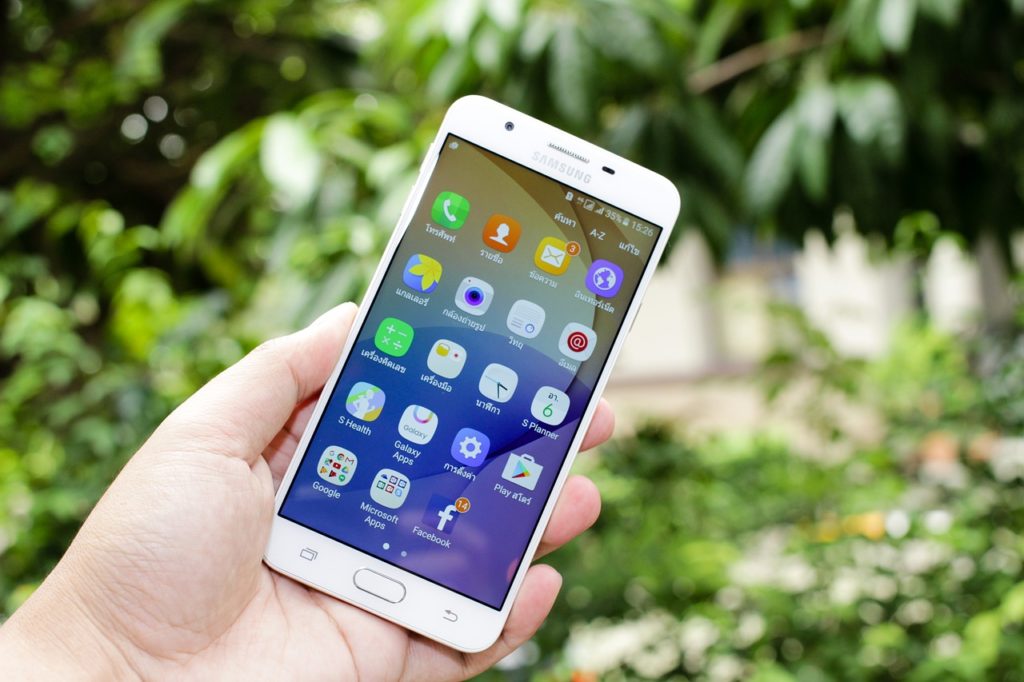Are you worried about the safety of your Android phone? The history of mobile malware is long and far from straightforward. Smartphones now practically define us as they’ve become the portal to our online identity. As such, your mobile device should be treated with the utmost care and guarded against any threat. Both online (hacking) and offline (theft).
Mobile malware is no joke. The threat grows more sophisticated and wily by the day. But malware cannot penetrate your mobile phone without you doing something that makes it possible. Virtually all mobile malware threats involve some manner of conscious action on the part of the user.
Here are some tips that any smart Android user should use to keep themselves safe from software threats.
1. Only Download Apps from Trustworthy Sources
The open nature that is Android enables developers, professional and amateur alike, to post new apps on the App Market. It has never been easier to pop out an app, and there are those who will download it. Android’s open polices have led to immense growth for the platform, but the trade off means incidents like the Trojan scare.
Take care where you download files from. Be extremely cautious when you download. If it is a company you are unfamiliar with, do some research before inviting that app in. Give the details and fine print due diligence. For example, does your Avengers wall paper app really need access to all your personal data?
2. Protect Your Device with a Password
Easy as pie you say? Yes, but for many, it is easier said than done. It is surprising how many forgo this simple yet mighty safety net. Protecting your phone with a password is the easiest thing you can do to protect your phone from spying eyes. Do it now.
Locking your phone will give you peace of mind the next time you accidentally leave your phone in a cab or public bathroom. A password on your phone may not stand a chance against that savvy sibling, but it will prevent most “analog” hacking (stranger peeping over your shoulder).
3. Download and Install OS Updates as Soon as They are Available
Be sure to update your operating system with the latest version. Running an outdated OS leaves your device wide open to malware. The good developers at Android work over time to stay at least a step ahead. But you can’t take advantage of this if you are running yesterday’s software. It takes time. You can’t be watching the latest Korean drama while updating your OS. But just like you would not take your car out for a drive with old brakes or worn tires, do not run your mobile phone on dated software.
4. Be Careful When Viewing Private Information on Public Wi-Fi
Avoid using public Wi-Fi when doing anything important on your Android. While Wi-Fi is one of the most beneficial inventions for PC users in the last decade, it is fraught with peril. Don’t view anything of a sensitive nature on public Wi-Fi.
If your Wi-Fi network is unsecured, no online banking or anything you wouldn’t want to show your boss or grandma.
5. Do Not “Save Password”
While this “Save Password” option is easy, it is not safe. We all want the convenience of never having to struggle to recall yet another password. But think about what would happen if someone else got their hands on your phone and all your passwords. This doesn’t have to apply to all passwords and websites, but it doesn’t hurt to think twice before clicking “yes.”
Losing your phone in this day and age means more than just losing your contact list. It means a loss of synced files, important work documents, online presence, emails, texts, and photos. Stay on the safe side so your entire identity is not traced, downloaded, and shared all over the Internet.



